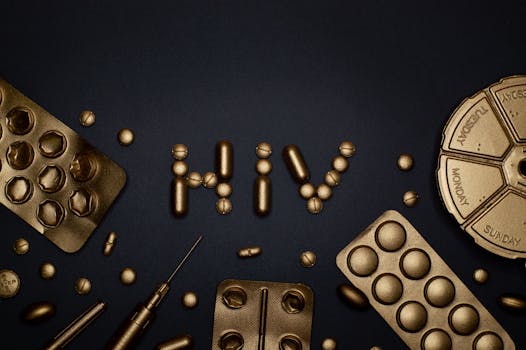
The Science Behind Vaccines and Public Health: Understanding the Importance of Vaccination
Introduction to Vaccines and Public Health

The science behind vaccines is a complex and multifaceted field that has been instrumental in protecting public health. Vaccines have been used for centuries to prevent the spread of infectious diseases, and their importance cannot be overstated. In this article, we will delve into the science behind vaccines and explore the crucial role they play in maintaining public health.
How Vaccines Work

Vaccines work by introducing a small, harmless piece of a pathogen, such as a virus or bacterium, to the body. This triggers an immune response, which enables the body to recognize and fight the pathogen if it encounters it again in the future. There are several types of vaccines, including inactivated vaccines, live attenuated vaccines, and subunit vaccines. Each type of vaccine works in a slightly different way, but they all ultimately achieve the same goal: to stimulate the immune system and provide protection against infectious diseases.
The Importance of Vaccination

Vaccination is one of the most effective ways to prevent the spread of infectious diseases. By vaccinating a large percentage of the population, we can create herd immunity, which protects those who are unable to receive vaccines, such as people with compromised immune systems. Vaccines have been instrumental in controlling and eliminating many serious diseases, including smallpox, polio, and measles. They have also played a crucial role in reducing the incidence of other diseases, such as influenza and pertussis.
Common Misconceptions about Vaccines

Despite the overwhelming evidence supporting the safety and effectiveness of vaccines, there are still many misconceptions surrounding vaccination. One of the most common misconceptions is that vaccines cause autism. However, numerous studies have shown that there is no link between vaccination and the development of autism. Another misconception is that vaccines are not necessary because the risk of contracting a disease is low. However, this ignores the fact that vaccines not only protect the individual who receives them but also help to prevent the spread of disease in the community.
Conclusion

In conclusion, the science behind vaccines is a vital aspect of public health, and understanding how vaccines work is essential for making informed decisions about vaccination. By recognizing the importance of vaccination and addressing common misconceptions, we can work towards creating a healthier, more protected community. It is crucial that we continue to support vaccination efforts and promote the use of vaccines to prevent the spread of infectious diseases.



